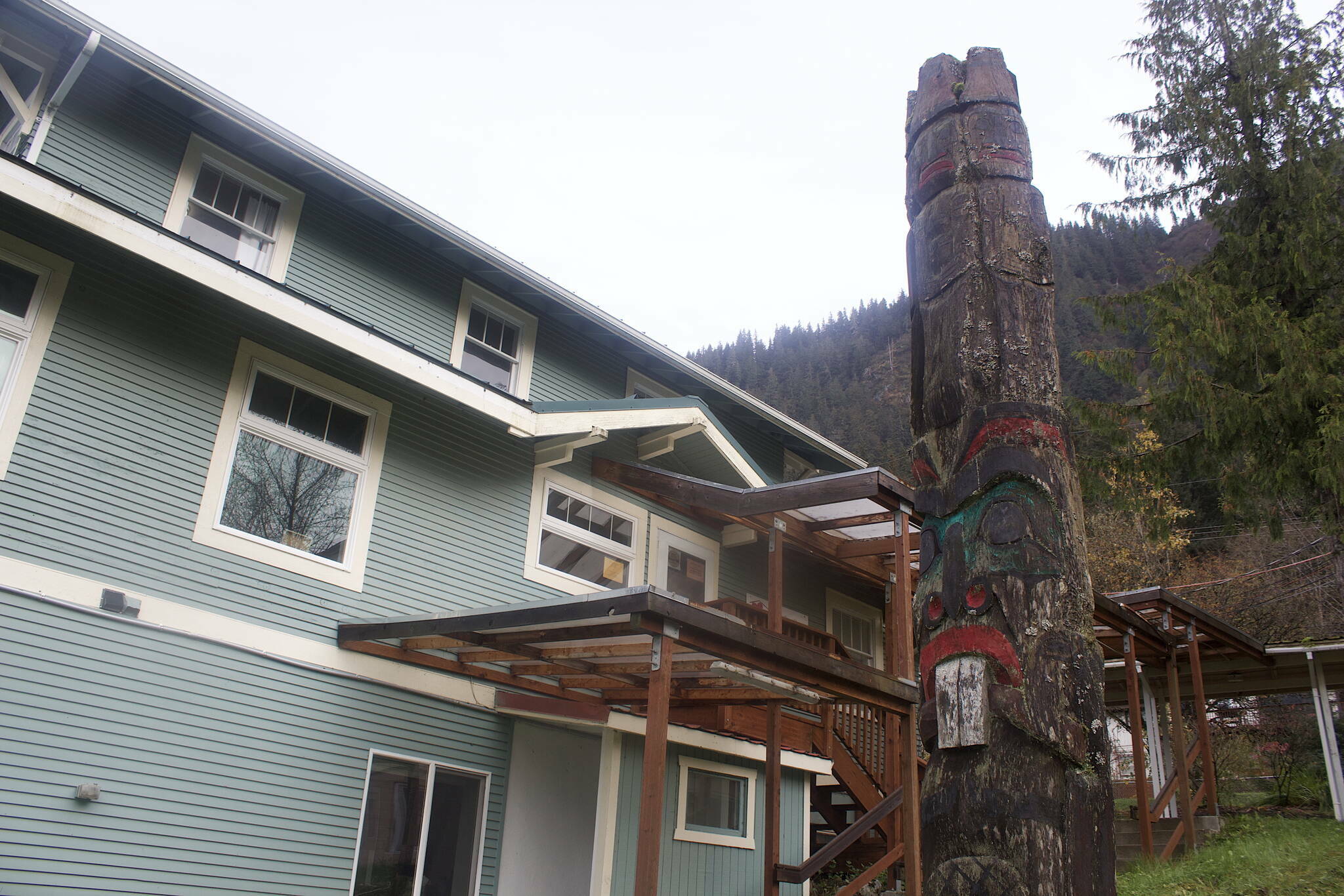“Don’t it always seem to go, that you don’t know what you’ve got ‘til it’s gone?”
– Joni Mitchell
Last September Juneau’s Hospice and Home Care closed its doors. Catholic Community Services ran this vital program for 20 years until the nationwide shortage of health care workers, exacerbated by the pandemic, increased operational costs to the extent that CCS found it economically unsustainable.
I took note of the regrettable news, feeling confident at the time that one of our major health care entities (i.e. Bartlett or SEARHC) would step up to the plate and provide continuity for this critical facet of health care in our community.
Little did I imagine that eight months later I would be personally impacted by the program’s continued absence.
If you haven’t had personal experience with end of life care provided by hospice, perhaps you have at least read the repeated glowing praise for its existence in obituaries. The kudos are with good reason.
Hospice care provides an alternative for those individuals with a terminal illness who have been given a doctor’s prognosis of having six months or less to live and want to die at home. The hospice team provides expert medical care, pain management, and emotional support for the patient and their loved ones. Interwoven with intuition and compassion, this type of care is an art form.
Although people may benefit from a longer relationship with hospice during the end of life process, many hook up with the program only shortly before death. Such would have been the scenario with my friend who in mid May very sadly informed me of the news that he was diagnosed with Stage IV lung cancer with a prognosis of at most a couple of weeks to live. His breathing had become a painful and at times an anxiety-ridden process even with his home oxygen unit. He stated to me that he was ready to die and his adamant wish was to die at home. (Bartlett Regional made clear to my friend that he could be admitted to the hospital for palliative care, but he declined this option.)
He lived alone and his closest family was thousands of miles away.
His condition quickly worsened, experiencing increased difficulty breathing, and considerable pain and discomfort. It became clear that his daytime visitors would need to ramp up to an around-the-clock presence to provide him with the company and care he needed. Hastily, a schedule was cobbled together that comprised three volunteers supported by two CNAs who gratefully were available on very short notice.
Above and beyond their regular services, SEARHC’s Front Street Clinic staff made several home visits prescribing increased pain medications and providing a crash course to us volunteers on administering liquid morphine, applying fentanyl and lidocaine patches, and monitoring the oxygen flow of the home concentrator, as well as any number of tasks involved in making our friend as comfortable as possible.
Although following these medication instructions may sound straightforward, I assure you that administering morphine to an individual in pain who is struggling to breathe is not. I will always wonder if with the benefit of experience I could have provided more comfort to him.
Several days later, within an hour of this man’s sister arriving from back east to be at his side, he drew his last labored breath.
The Juneau Empire reported last October that Bartlett Regional Hospital planned to take over services and had begun the arduous process of applying for the appropriate state licenses. At that time, the BRH CEO stated that the licensing process could take 30 to 90 days. In early December, a hospital spokesperson thought they would get their license in two to three months, with the caveat that it may require lengthier timelines for implementation. Now six months later, the BRH website promises hospice is “Coming Soon!” with no specific timeline.
After having this experience I feel confident that I am not the only one who needs to be reassured that reinstatement of this important program does not experience continued delays. We owe it to those whose desire it is to die pain free and with dignity at home, as well as to their friends and families.
• Laura Lucas is a retired social worker who has worked with seniors, people with disabilities and Juneauites experiencing homelessness.

